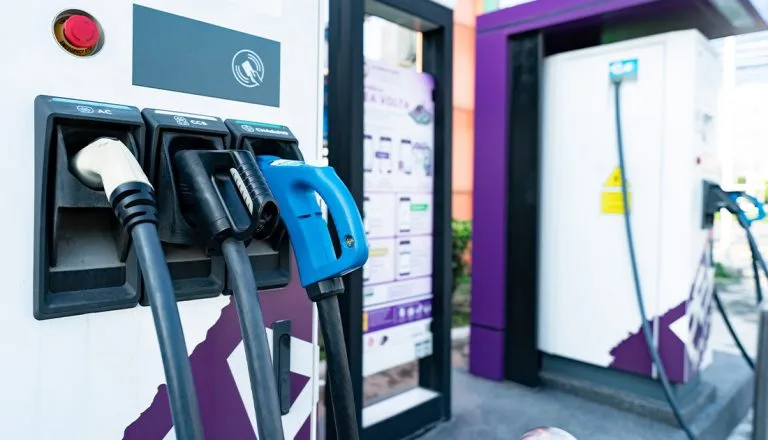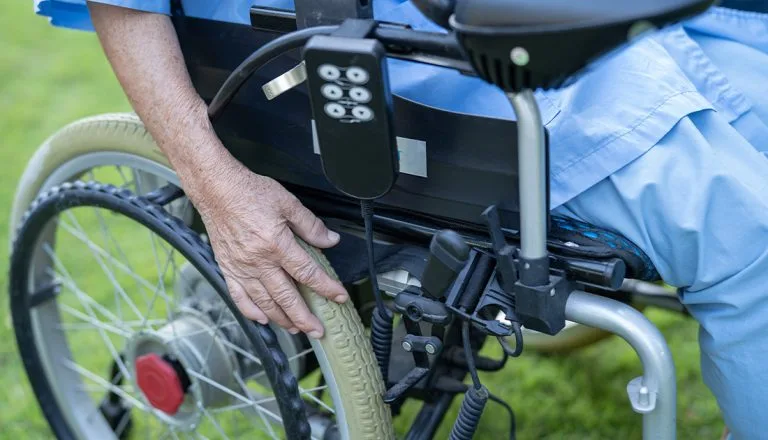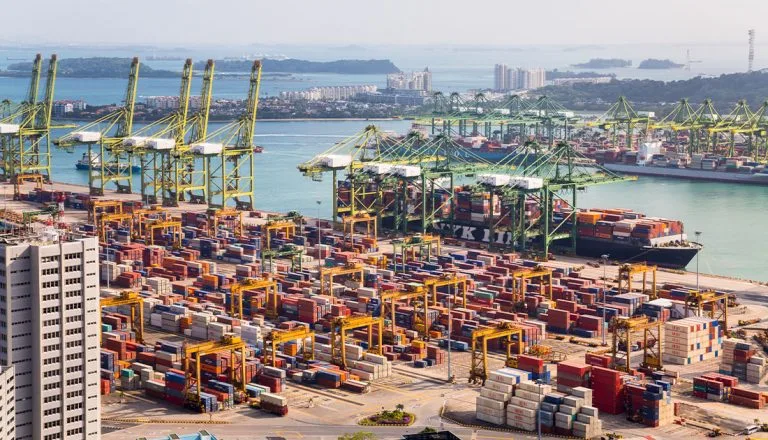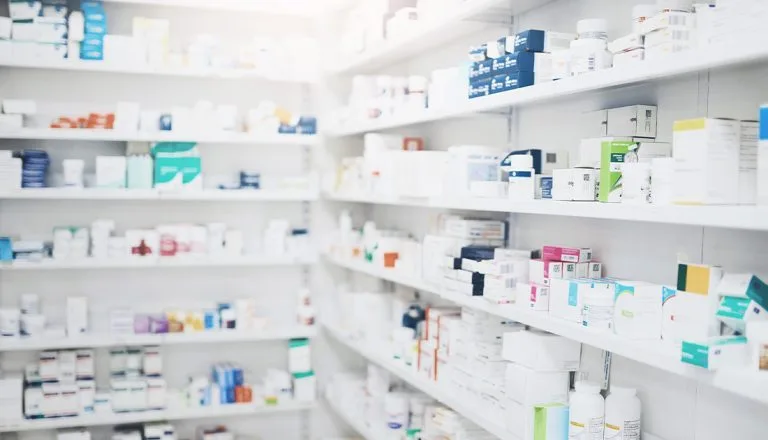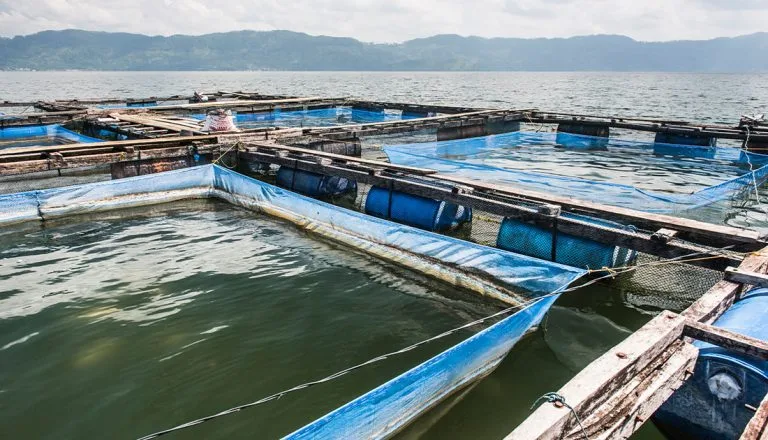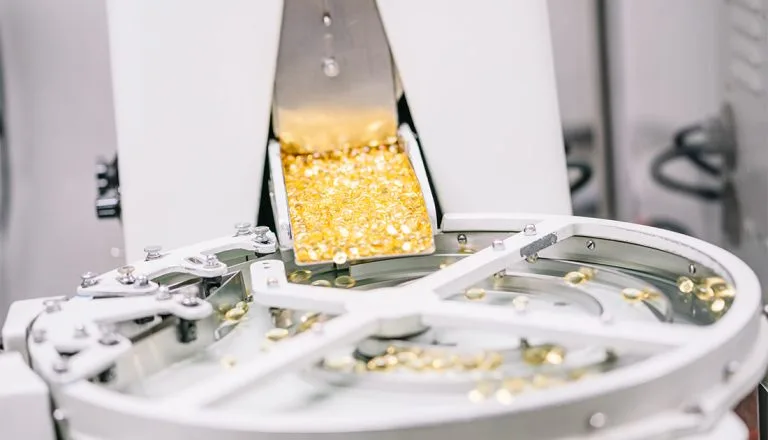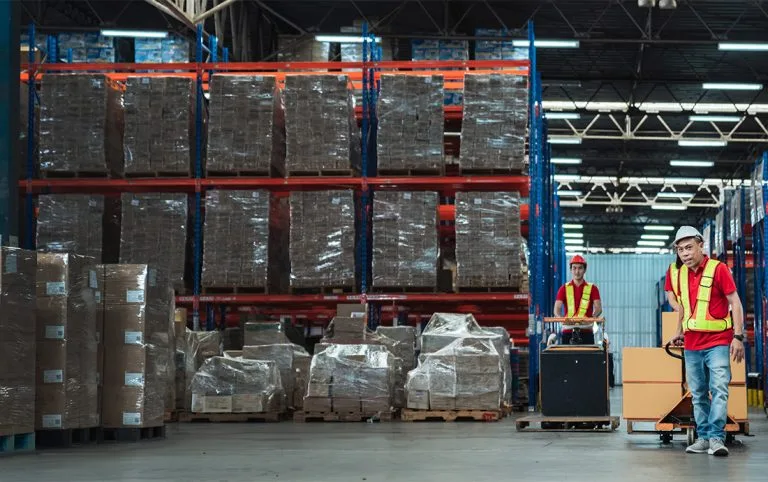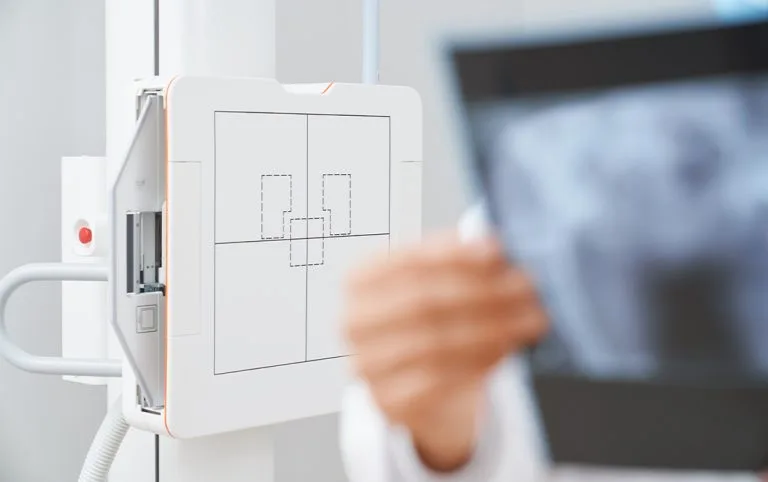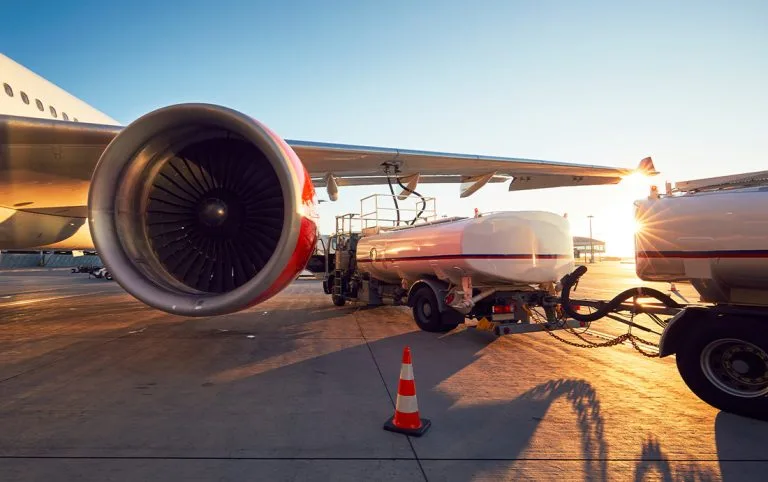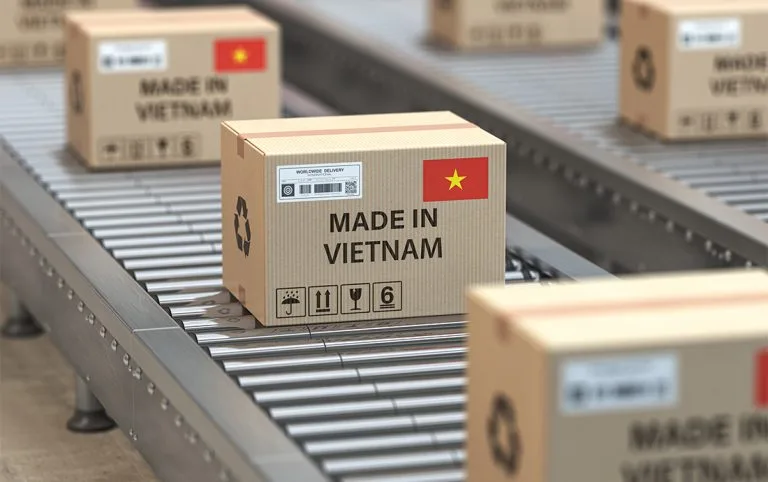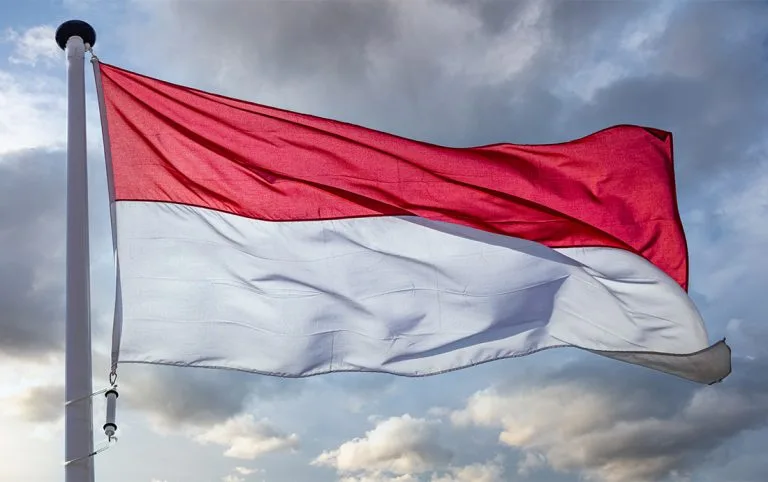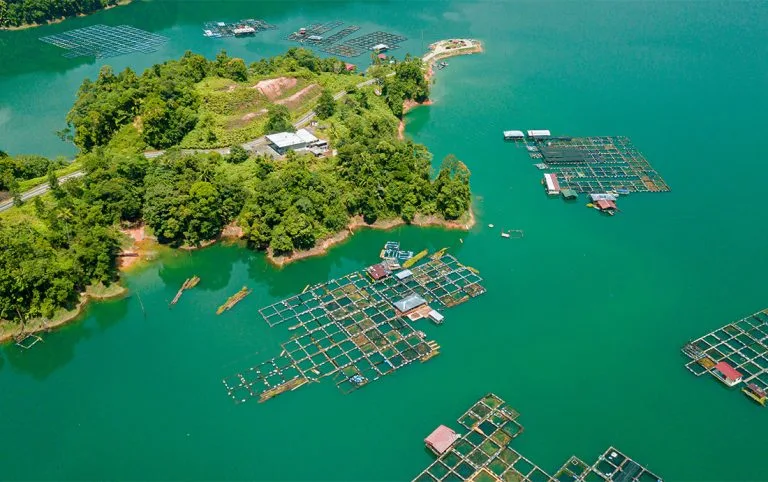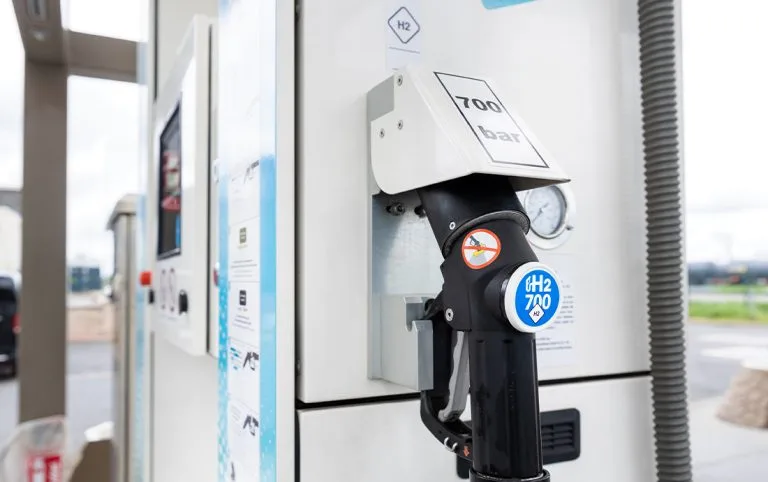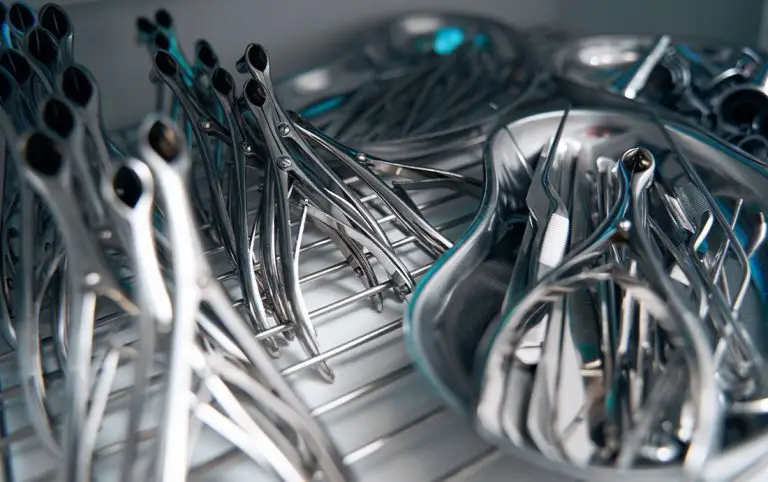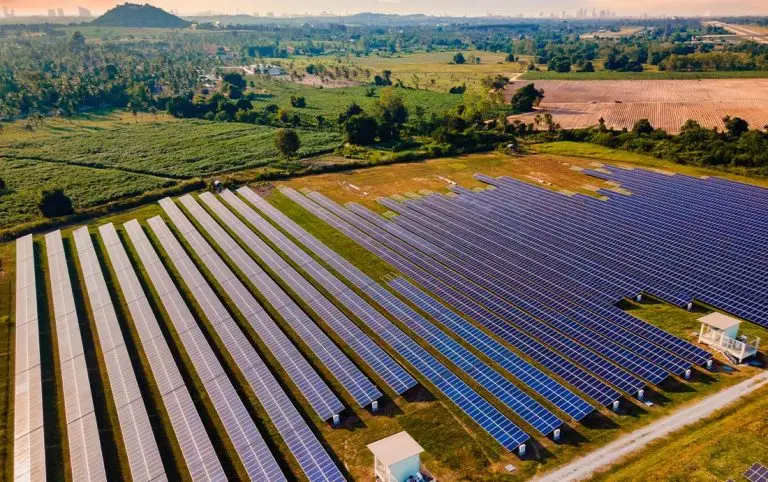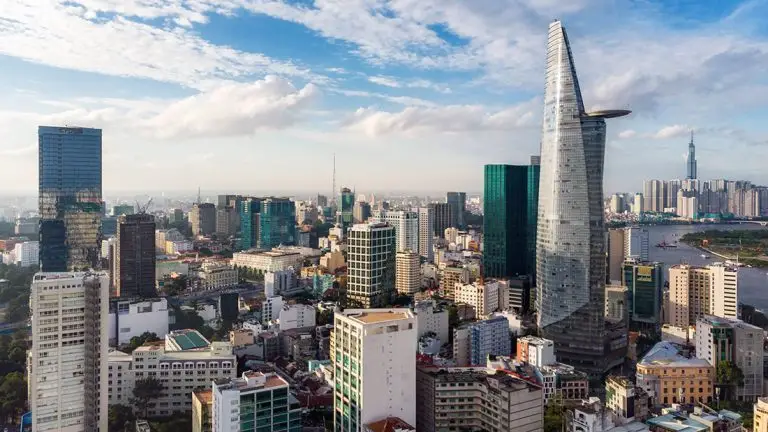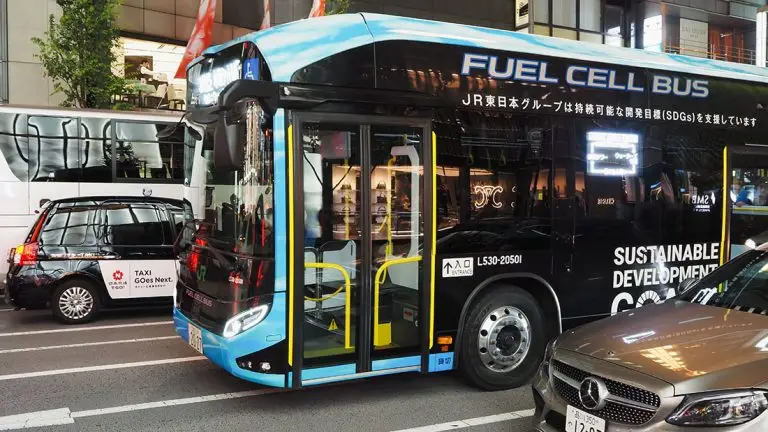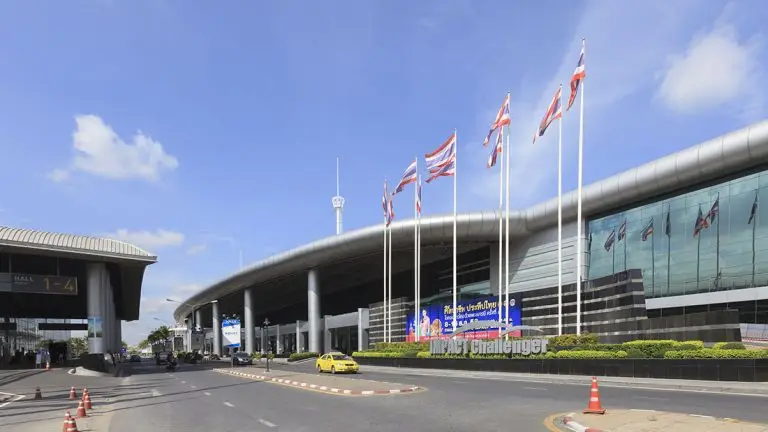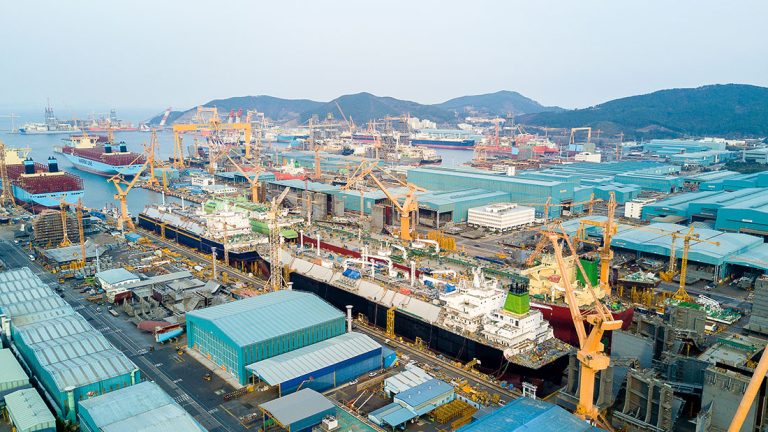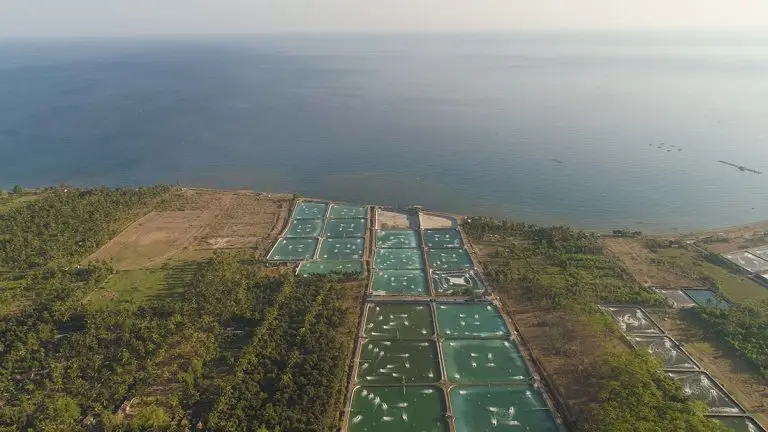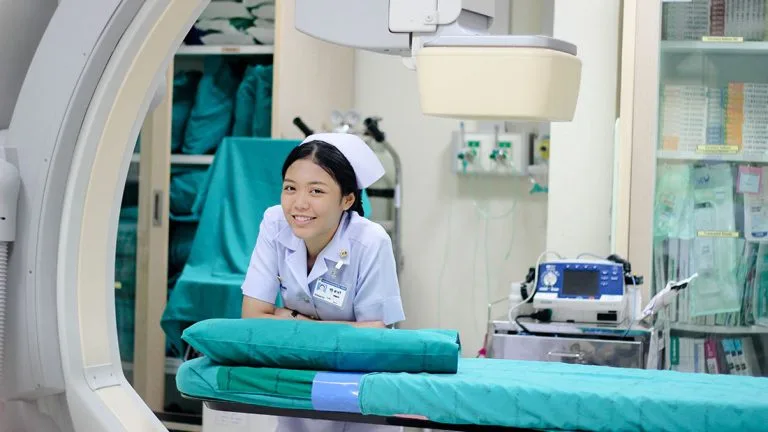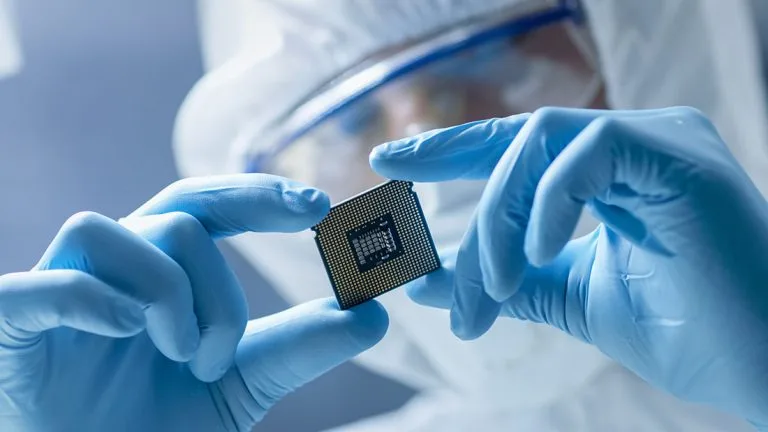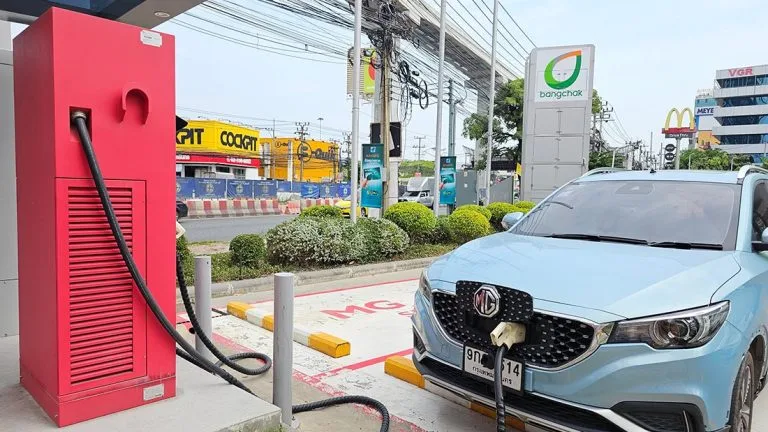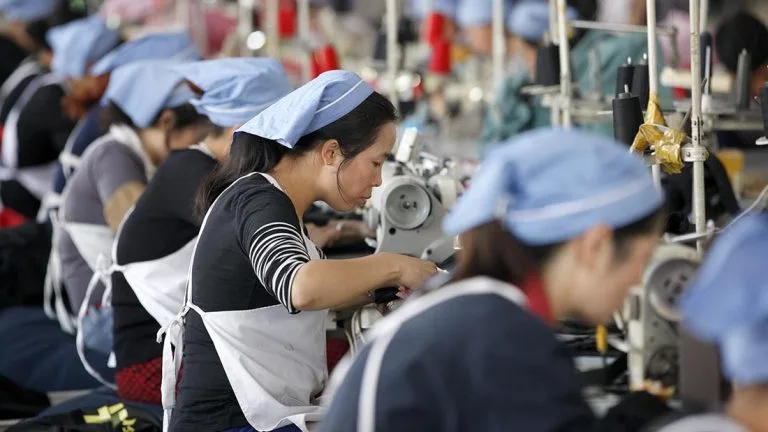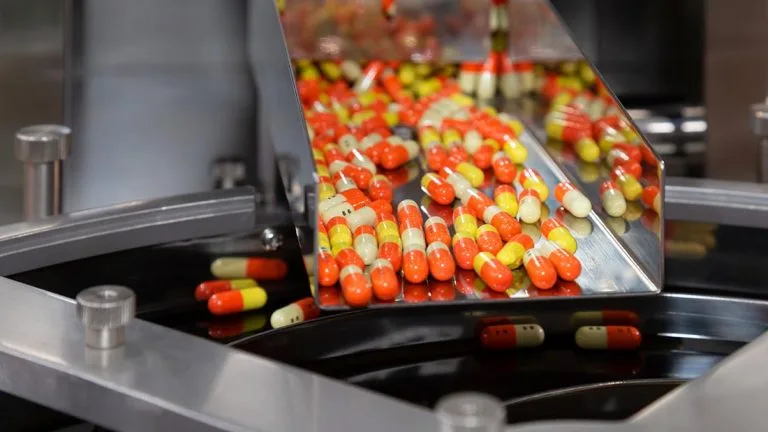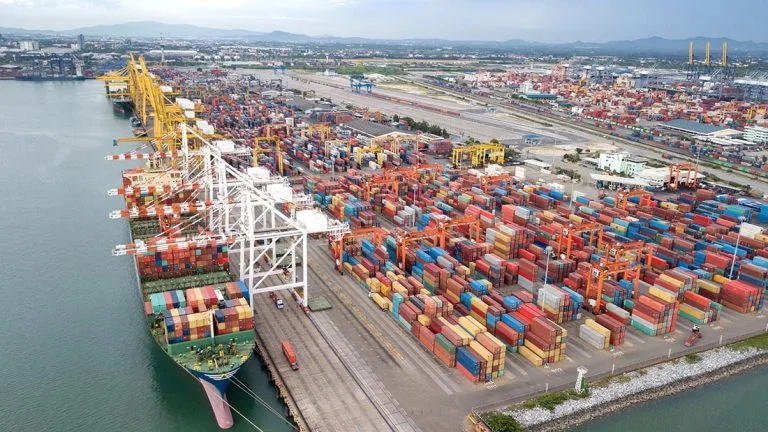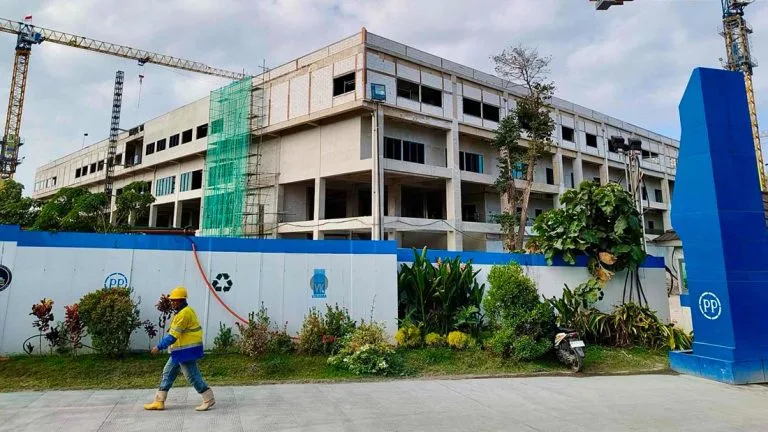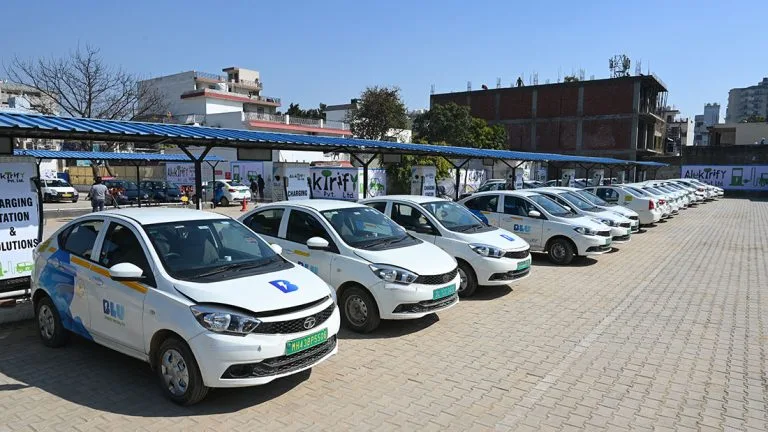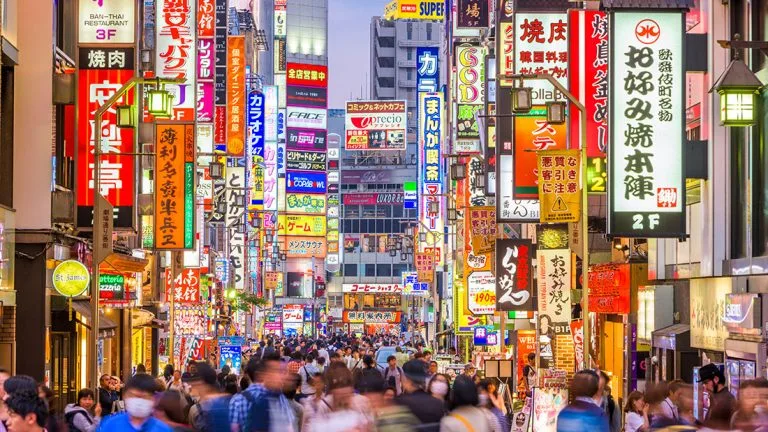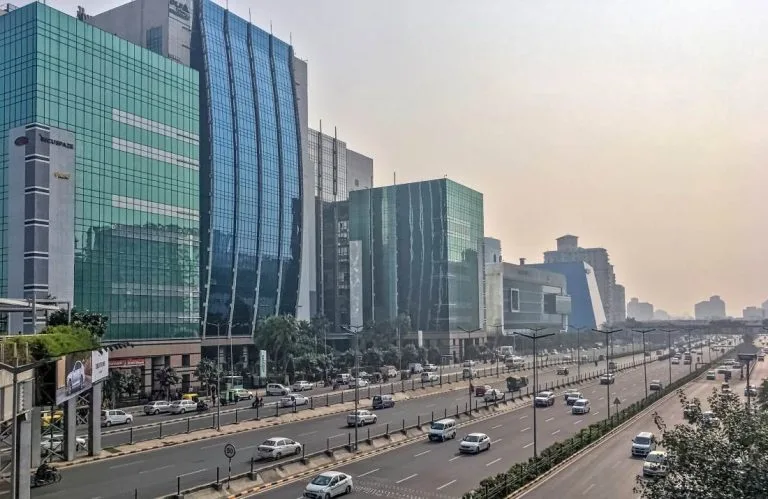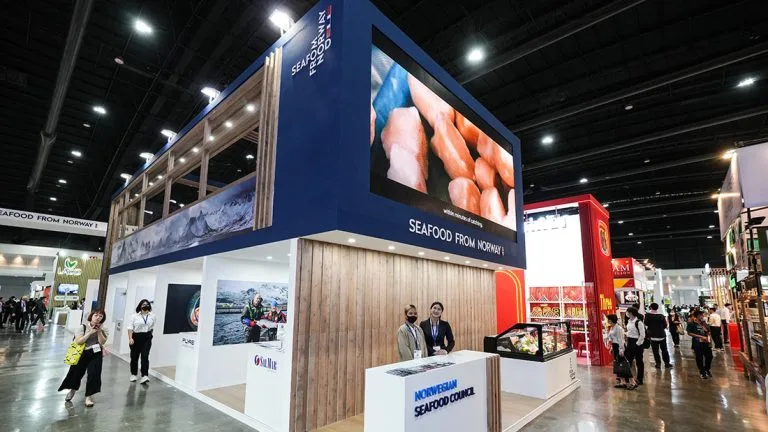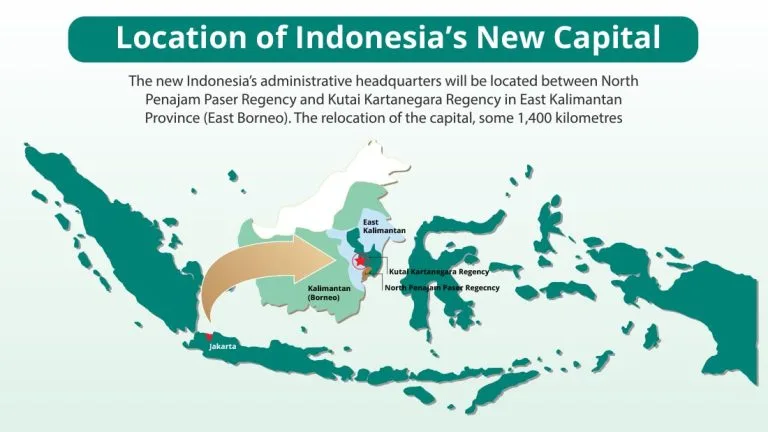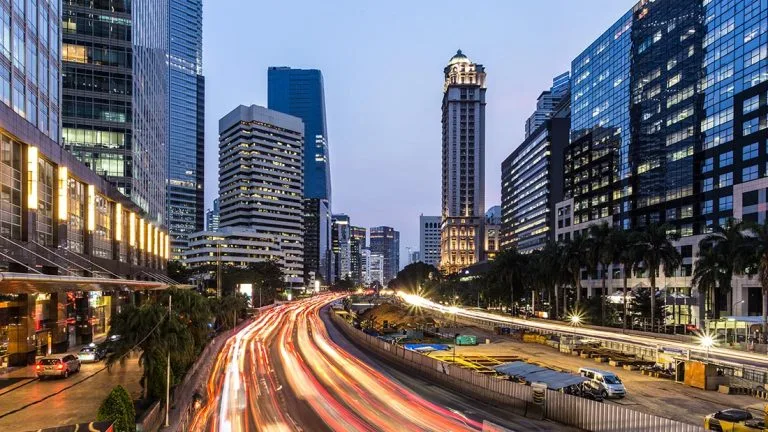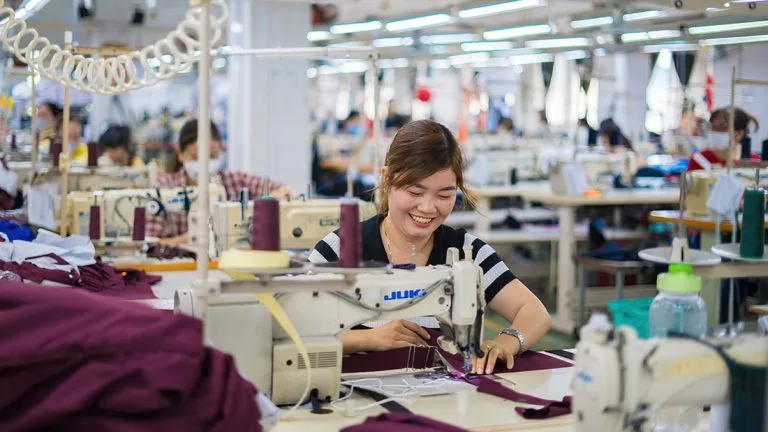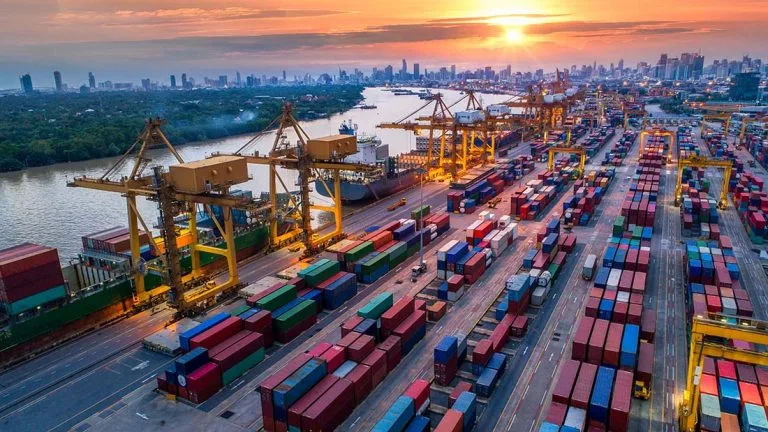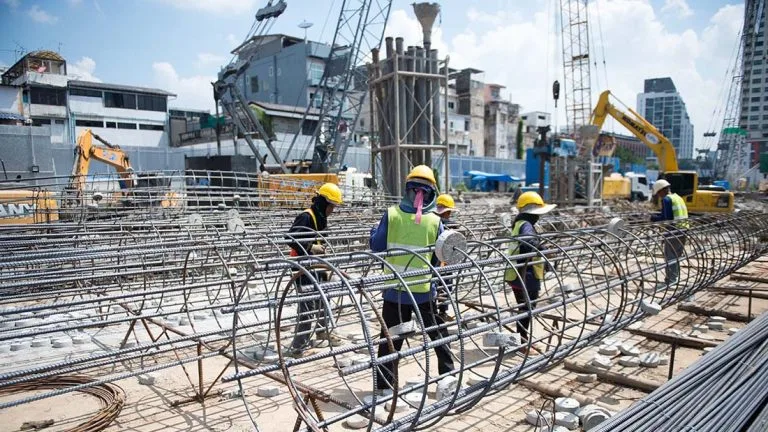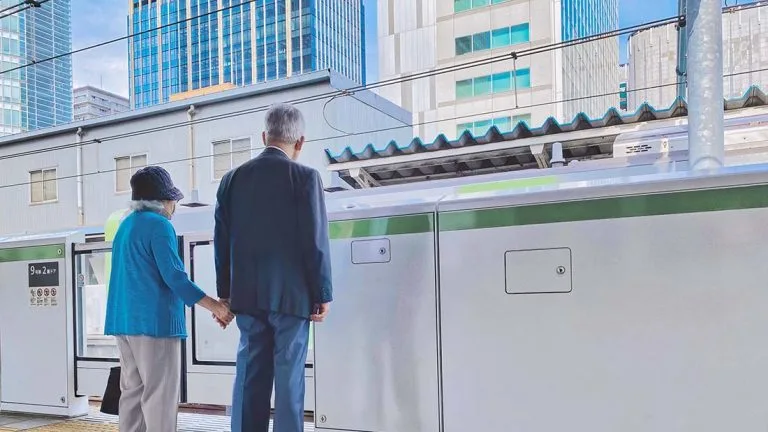Indonesia is upgrading the standards of healthcare services. This large investment in improving the capacity and quality of Indonesian medical services is creating opportunity for international medical services organisations. Tanja Harjumiemi, consultant in Indonesia to Asian Insiders, discusses these opportunities.
Bali – the tropical paradise island with its surf beaches and yoga retreats – is the base for Indonesia’s first special economic zone specialising in health and wellness. The 40-hectare SEZ is now under construction, attracting world-class companies from home and abroad. The goal is to build a center of excellence that utilises the latest medical technology.
One of the ventures under construction is Bali International Hospital (BIH), in collaboration with Mayo Clinic, the American healthcare facility rated no 1 in the United States. BIH will specialise in cardiology, neurology, gastroenterology, hepatology and orthopedics. A pediatric, a women’s clinic and a diagnostic center will also be established.
Bali’s health and wellness center’s will primarily Indonesian patient but will also be available to foreign tourists. Each year more than two million wealthier Indonesians seek treatment in nearby Asian countries such as Malaysia and Singapore, sending more than USD 6 billion abroad. The Indonesian government and hospital conglomerates intend to improve the quality of the Indonesian medical services sector in order to provide suitable standards of medical services to Indonesian people at home.
However, Bali is just a small part of the greater Indonesian medical services market. With a population of 275 million, Indonesia is the fourth most populous country in the world and the largest economy in Southeast Asia. While it is still considered a developing country struggling with development and environmental challenges, it is now one of the fastest growing economies in the world. Some projections consider Indonesia to become one of the world’s superpowers after China, India and the United States by around 2050.
Some years ago, Indonesia launched an ambitious health insurance reform to provide universal healthcare to the entire population. According to the health insurance institution’s (BPJS Kesehatan) last March the scheme already covers 252 million citizens, or 90 percent of the population. Over this time, the burgeoning middle class and expanding urban population has brought modern ailments such as diabetes, obesity and high blood pressure to Indonesia, further increasing demand for medical care.
As Indonesia modernises there will be a growing demand for advanced medical devices such as diagnostic and laboratory reagents, electronic instruments and equipment, CT and X-ray systems, endoscopic facilities along with magnetic resonance diagnostic equipment. This is going to create considerable business for international medical equipment and services as 88 percent of advanced medical devices are imported, usually from China, the United States and Germany.
Indonesian medical services organisations are looking for partners
The Indonesian medical services market is clearly one of the more exciting export markets in the world, but as is typical for developing countries, the business environment offers challenges. While in recent years, the government has considerably eased doing business by removing barriers and streamlining various licensing requirements (see our article here), there are still issues to manage.
Firstly it should be noted that all medical devices must be registered, whether imported or locally manufactured, and only companies registered in Indonesia may apply for registration. In practice, a foreign company will need to work with a classified local partner or establish its own company.
In 2021 most business sectors opened to 100% foreign ownership, including the distribution of medical devices. Establishing and operating an Indonesian limited company (PT PMA) is relatively straightforward these days; registration may be completed electronically, and the processing time is around a month. Product registration is also done electronically, with processing times varying from three to twelve months, depending on the device’s risk classification. Although Indonesia does not directly accept the European CE marking, CE-marked devices receive a distribution permit in practice.
In addition, exports may be affected by the requirement for local content in specific device categories and halal certification. Halal certification is voluntary, but it is becoming mandatory for devices that contain animal-derived materials.
Some useful metrics:
- Indonesian population: 275 million (2022)
- GDP: USD 1,186 billion (2021)
- Health expenditure of GDP: 3.5% (2021)
- Hospital capacity: Public hospitals 1,058, private hospitals 1,927, Number of beds 379,548 (2020)
- Market volume: USD 2 billion (est. 2023)
- Annual growth estimate: 6.15% (2023-2028)
The Indonesian medical services sector offers tremendous opportunities for international organisations to enter this market successfully. For a no-obligation discussion, please get in touch with Jari Hietala, Managing Partner: jari.hietala(at)asianinsiders.com, Primadi Soerjosoemanto, Indonesia Partner: primadi.ws(at)asianinsiders.com

